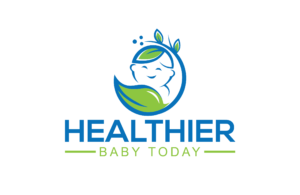Bronchitis is more than just a terrible cough that won’t go away. The complications of bronchitis can be extremely dangerous if the case of bronchitis is severe. In this article, we’ll tell you what to look out for, as well as which symptoms indicate that your baby may need immediate medical care.
What is Bronchiolitis (Bronchitis)

Bronchiolitis is a common lung infection that mostly affects young children and. Bronchiolitis causes inflammation as well as congestion in the small airways of the lung known as the bronchioles. Most of the time, Bronchiolitis is caused by a virus. The peak time for Bronchiolitis is typical during the winter months.
The Symptoms of Bronchitis in Babies
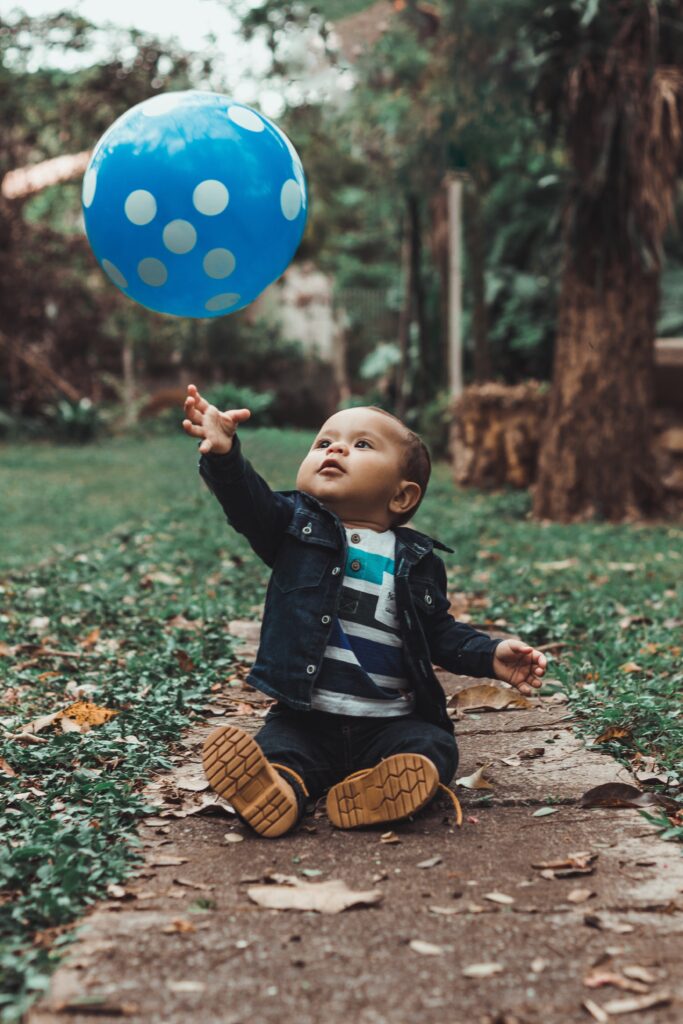
Bronchiolitis starts out with symptoms that are very similar to those of a common cold. It then progresses to coughing, wheezing, and sometimes difficulty breathing. Symptoms of Bronchiolitis can last for up to several days, sometimes several weeks.
The first signs and symptoms:
- Runny nose
- Stuffy nose
- Cough
- A slight fever (might not always be present)
After these symptoms arise, there may be a week or more of difficulty breathing or a whistling noise whenever the child breathes out, known as wheezing. Many infants also present with an ear infection known as (otitis media).
When to Visit the Doctor
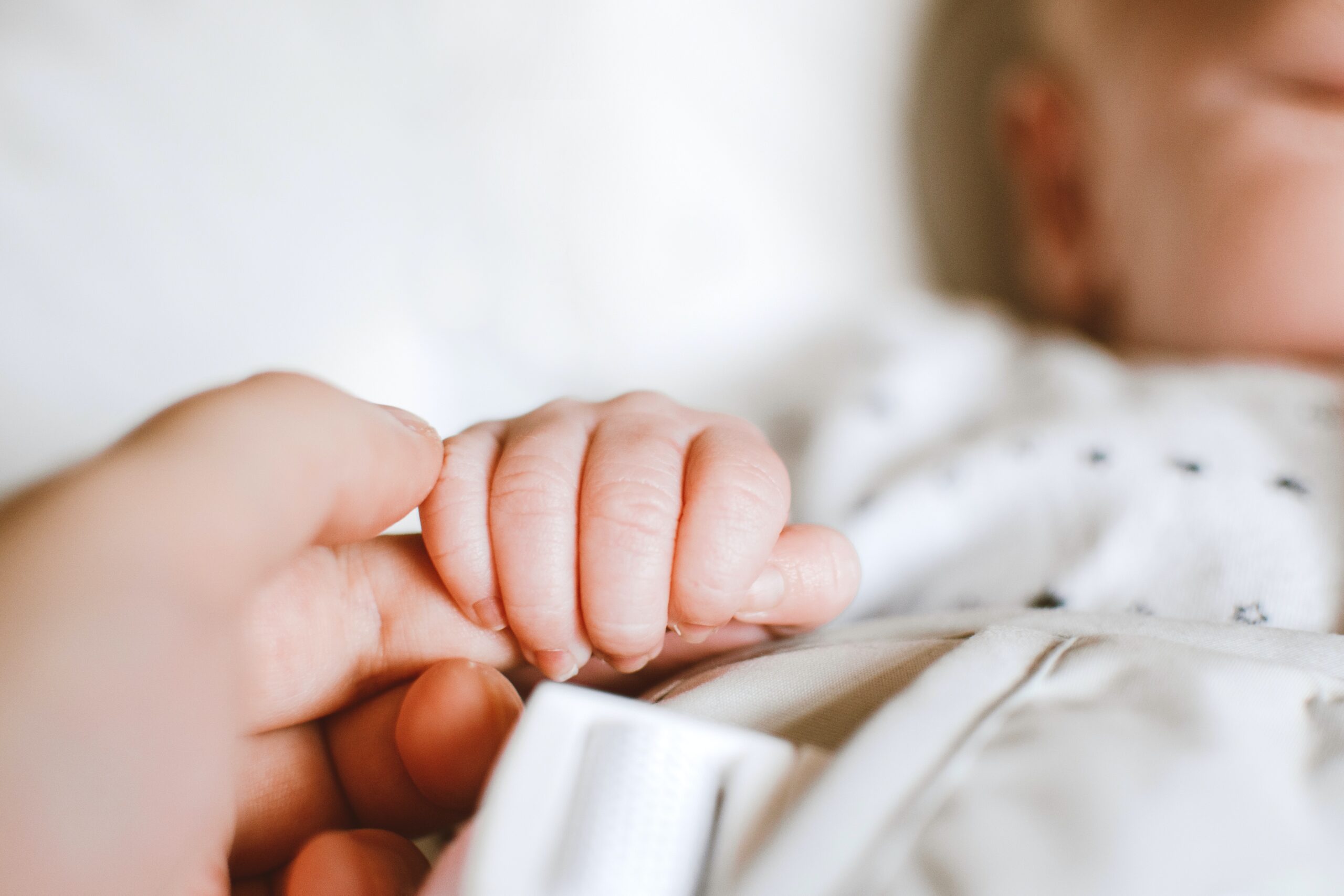
In the event that you start struggling to get your child to eat or drink or their breathing has become rapid or labored, it is best to call your child’s doctor. This is also an essential step if your child is younger than 12 weeks old or if they have other risk factors for Bronchiolitis. This includes premature birth or a heart or lung condition.
The below-mentioned signs and symptoms are reasons to seek immediate and urgent medical care:
- Wheezing sounds that are audible.
- Fast breathing – more than 60 breaths a minute (tachypnea), as well as breathing shallowly.
- Labored breathing – the ribs seem to be sucking inward your baby inhales.
- Sluggish or lethargic appearance.
- Refusing to drink enough or breathing too fast to be able to eat or drink.
- Suppose their skin is turning blue, especially their lips and fingernails. This is known as Cyanosis.
The Causes of Bronchitis
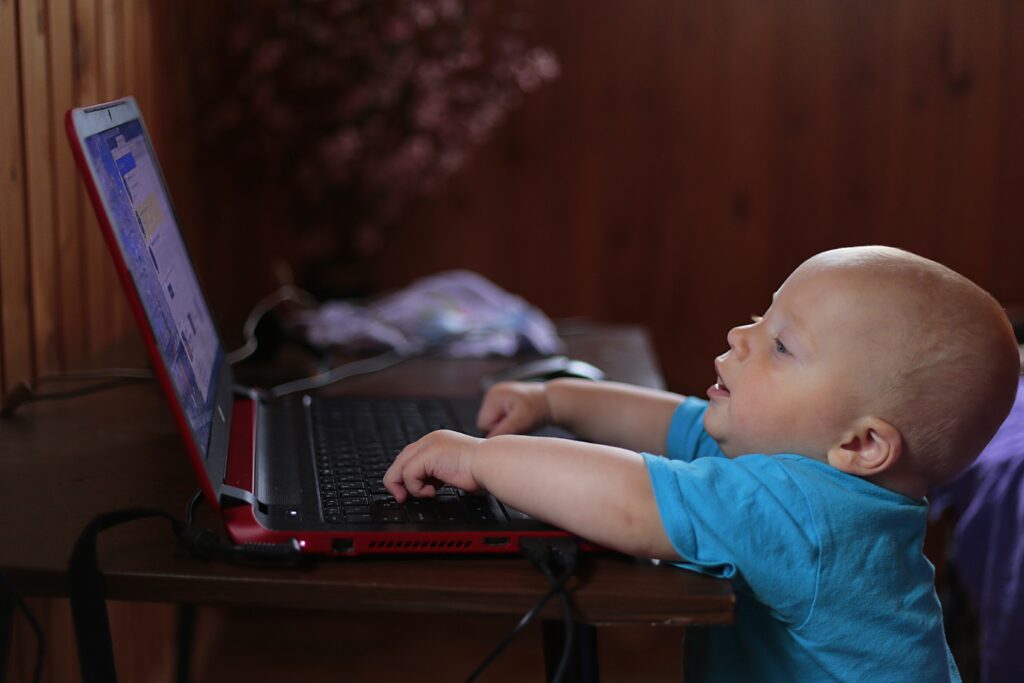
Bronchiolitis occurs when a virus has infected the bronchioles, which are the smallest airways in your lungs. The bronchioles swell and become inflamed due to the infection. The mucus begins to collect in these airways, which in turn makes it difficult for the air to flow with ease in and out of the lung!
In most of the Bronchiolitis cases they are caused by the respiratory syncytial virus, better known as RSV. RSV is a worldly common virus that infects almost every child by 2 years of age. The outbreaks of RSV infection occur every winter, and individuals may become reinfected, as the previous infection does not cause long-lasting immunity. Bronchiolitis could be caused by other viruses as well, including the viruses that cause the flu or the common cold.
The viruses that results in Bronchiolitis spread very easily. Individuals can contract them through droplets in the air when a sick person coughs, sneezes, or even talks. You may also contract this virus by touching shared objects such as utensils, towels, or toys and then afterwards if you touching your eyes, nose, or mouth afterward.
The Risk Factors of Bronchitis
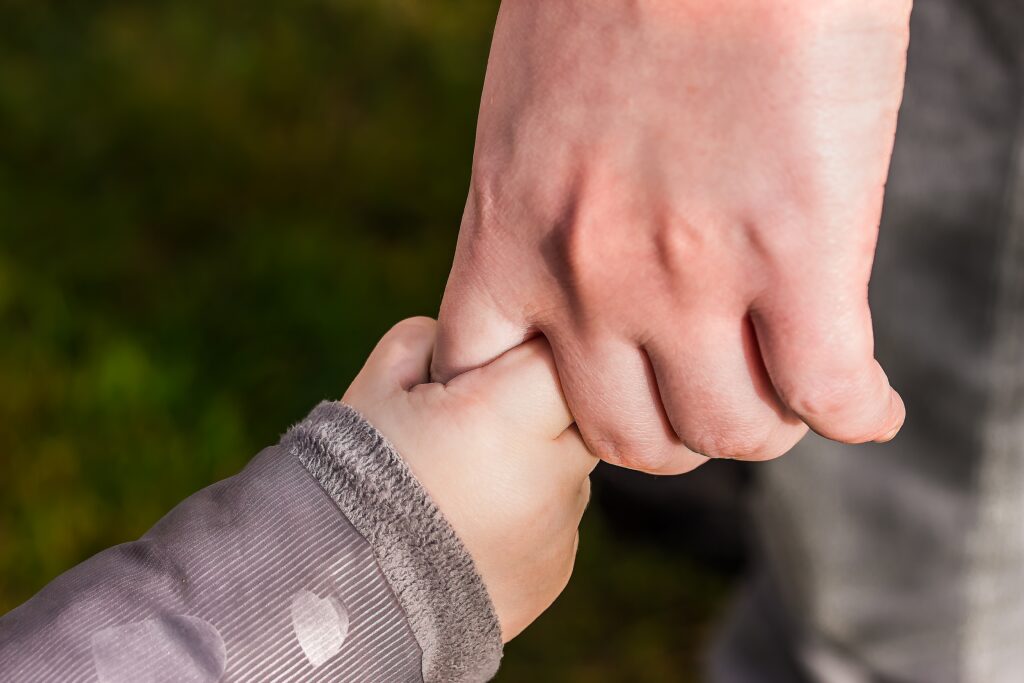
Children under the age of 2 years are typically affected by Bronchiolitis. Infants that are younger than 3 months of age are at the greatest risk of getting Bronchiolitis because their lungs and immune systems not yet being fully developed.
Other known factors that have been linked with an increased risk of Bronchiolitis in infants and with more-severe cases include:
- Premature birth
- Underlying heart or lung condition
- Depressed immune system
- Exposure to tobacco smoke
- Not being breastfed (Breastfed babies receive benefits of immunity from their mother)
- Contact with multiple children. Such as childcare settings for example.
- Spending time in environments that are crowded.
- If siblings are in school or childcare settings where they can become sick or exposed to the virus and bring it home causing infection.
The Complications That Bronchitis Could Cause
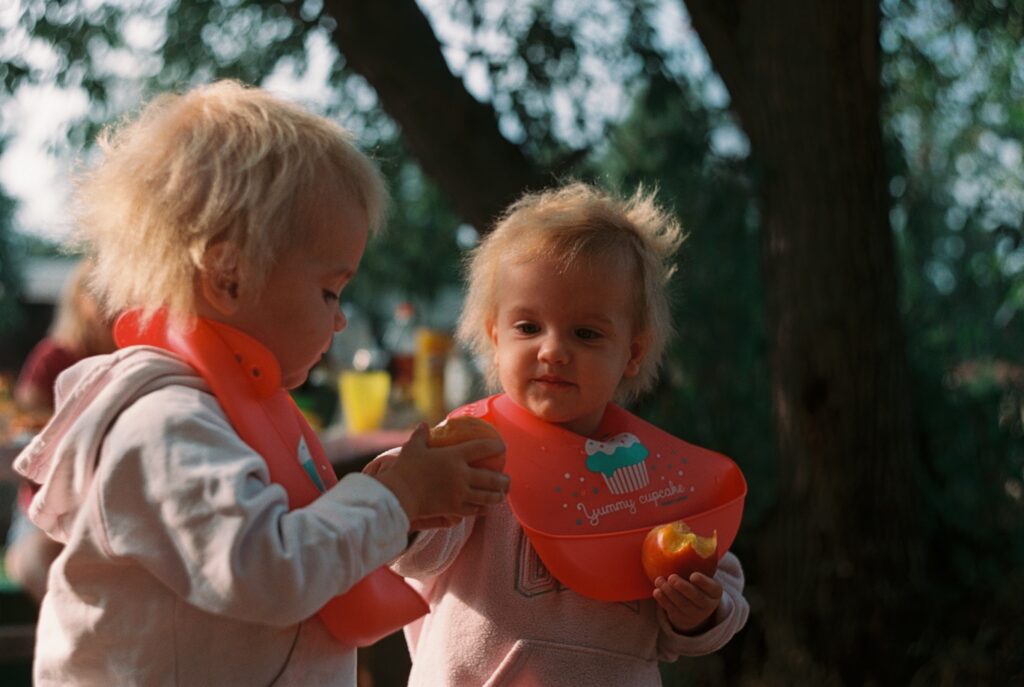
Complications caused by severe Bronchiolitis may include:
- Blue lips or skin (Cyanosis), which is caused by a lack of oxygen.
- Pauses in their breathing are known as apnea, which is most likely to occur in premature babies as well as babies within the first two months of life.
- Dehydration
- Low levels of oxygen as well as respiratory failure.
If any of these occur, your child may need to be hospitalized. Severe respiratory failure may require that a breathing tube be inserted into the windpipe (trachea) in order to help the child breathe until the infection has run its course.
If your baby has a heart or lung condition, was born prematurely, or has a depressed immune system, it is important that you watch closely for beginning signs of Bronchiolitis. The infection may become severe very quickly. In these cases, your child will generally need hospitalization.
Preventing Bronchitis
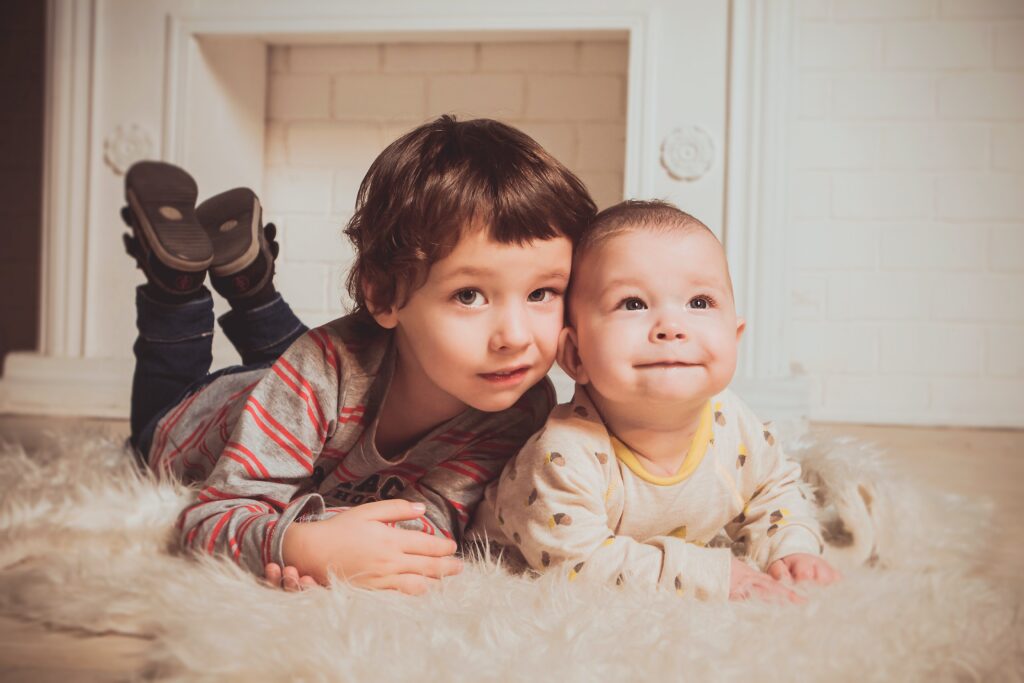
The viruses that have been known to cause bronchiolitis spread from person to person. The best way to often prevent it is by washing your hands frequently, especially if you touch your baby when you have a cold or other respiratory illness. Wearing face make is appropriate at this time.
In the event that your child has Bronchiolitis, keep them at home until the illness has passed to avoid the spread to others.
Other ways to help curb the infection include:
- Limit contact with individuals who show signs of a sickness such as having a fever or cold: If your child is still a newborn, especially a newborn who is premature, avoid exposing them to people with colds, especially in the first two months of life.
- Clean as well as disinfect surfaces: Clean and disinfect all surfaces and objects that are frequently touched, such as toys and doorknobs. This is extremely important if a family member is sick.
- Cover your coughs and sneezes: Cover your mouth and nose with a tissue when you cough or sneeze. Be sure to throw away the tissue and wash your hands or use alcohol-based hand sanitizer. If a tissue or piece of toilet paper is not immediately available, coughing or sneezing into your elbow is a second option.
- Use your own m(Seperate) drinking glass: Don’t share glasses with others without washing them first, especially if someone in your family who visit frequently is ill.
- Wash hands as often as possible: Frequently wash your own as well as your child/ren’s hands. Keep an alcohol-based hand sanitizer nearby for yourself and your child when you’re away from home to ensure germs are regularly killed.
- Breastfeed your baby if possible: Studies suggest that respiratory infections are significantly less common in babies who are breastfed.
Available Vaccinations and Medications
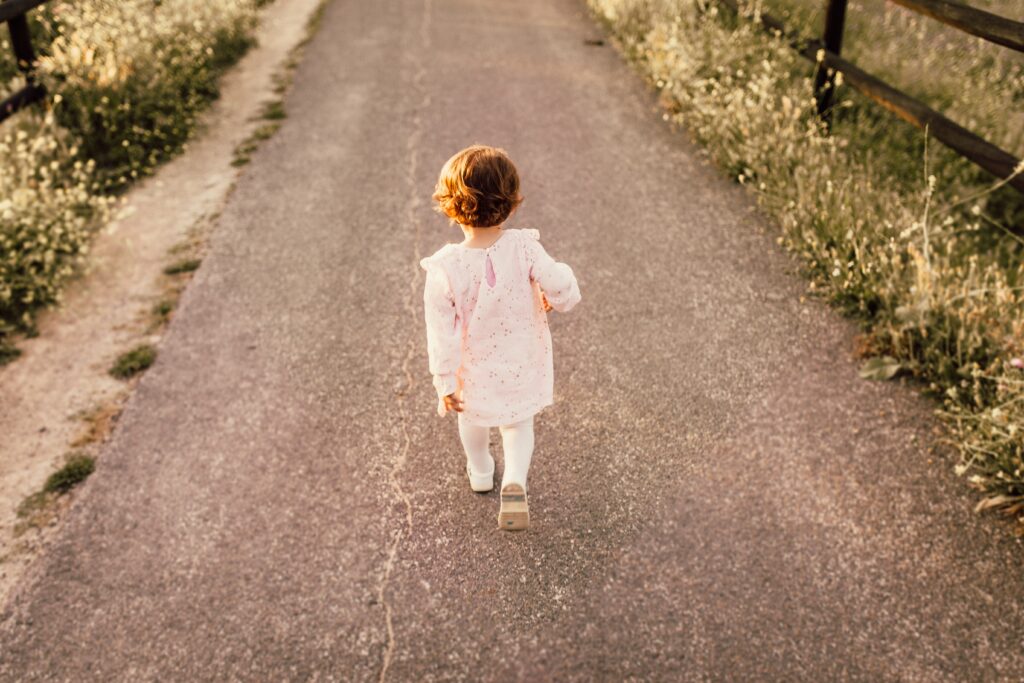
There are no vaccines at the moment to prevent the most common causes of Bronchiolitis, such as RSV and rhinovirus. An annual flu show is, however, recommended for everyone that is older than 6 months.
Infants that are at high risk of the RSV infection, especially those born prematurely or with a heart or lung condition or those who have a depressed immune system, may be given the medication known as palivizumab(Synagis) in order to decrease the likelihood of RSV infections.
In a Nutshell
Cleaning and disinfecting surfaces are the best way to prevent the viruses that lead to bronchitis. Flu shots are recommended and should be done annually.

